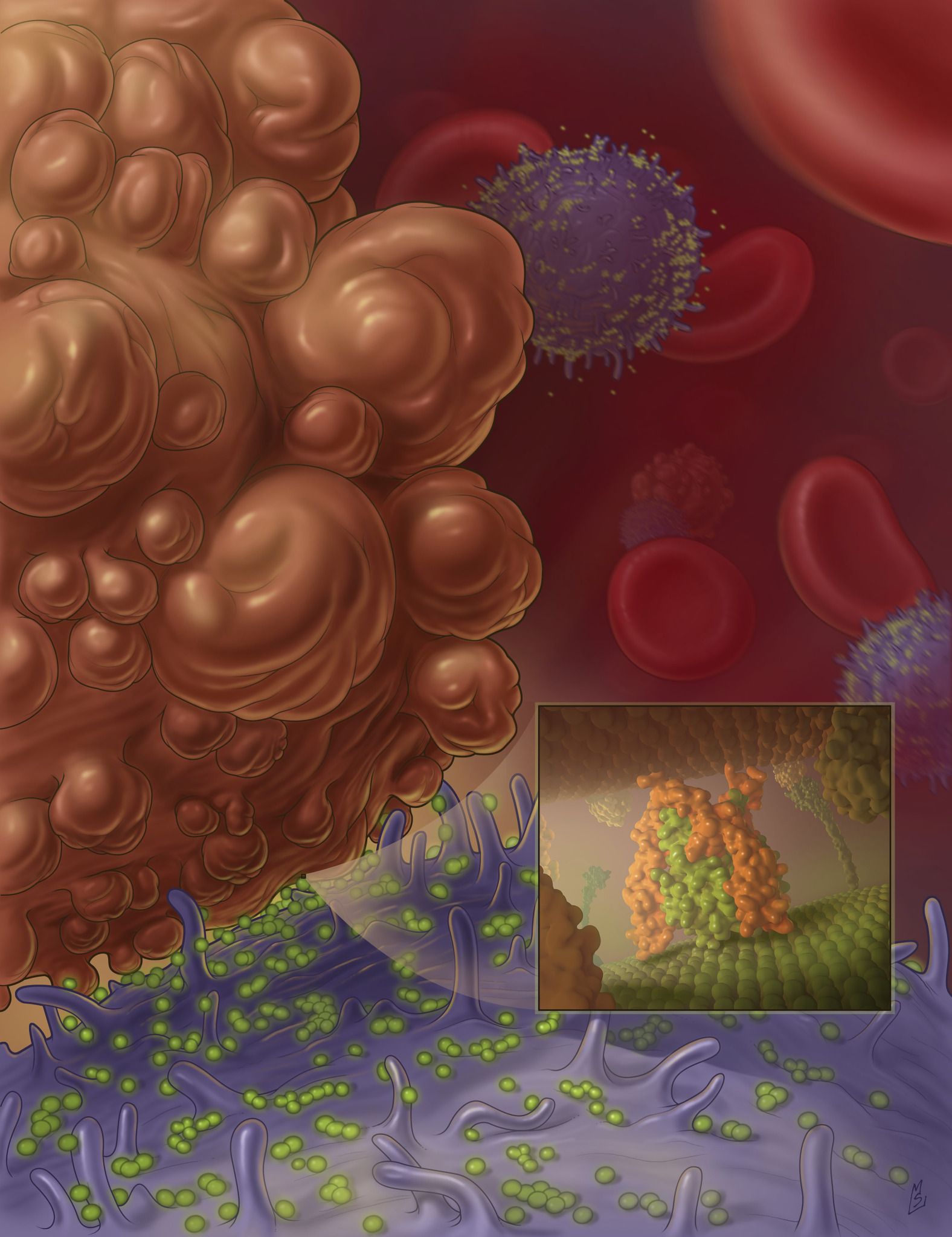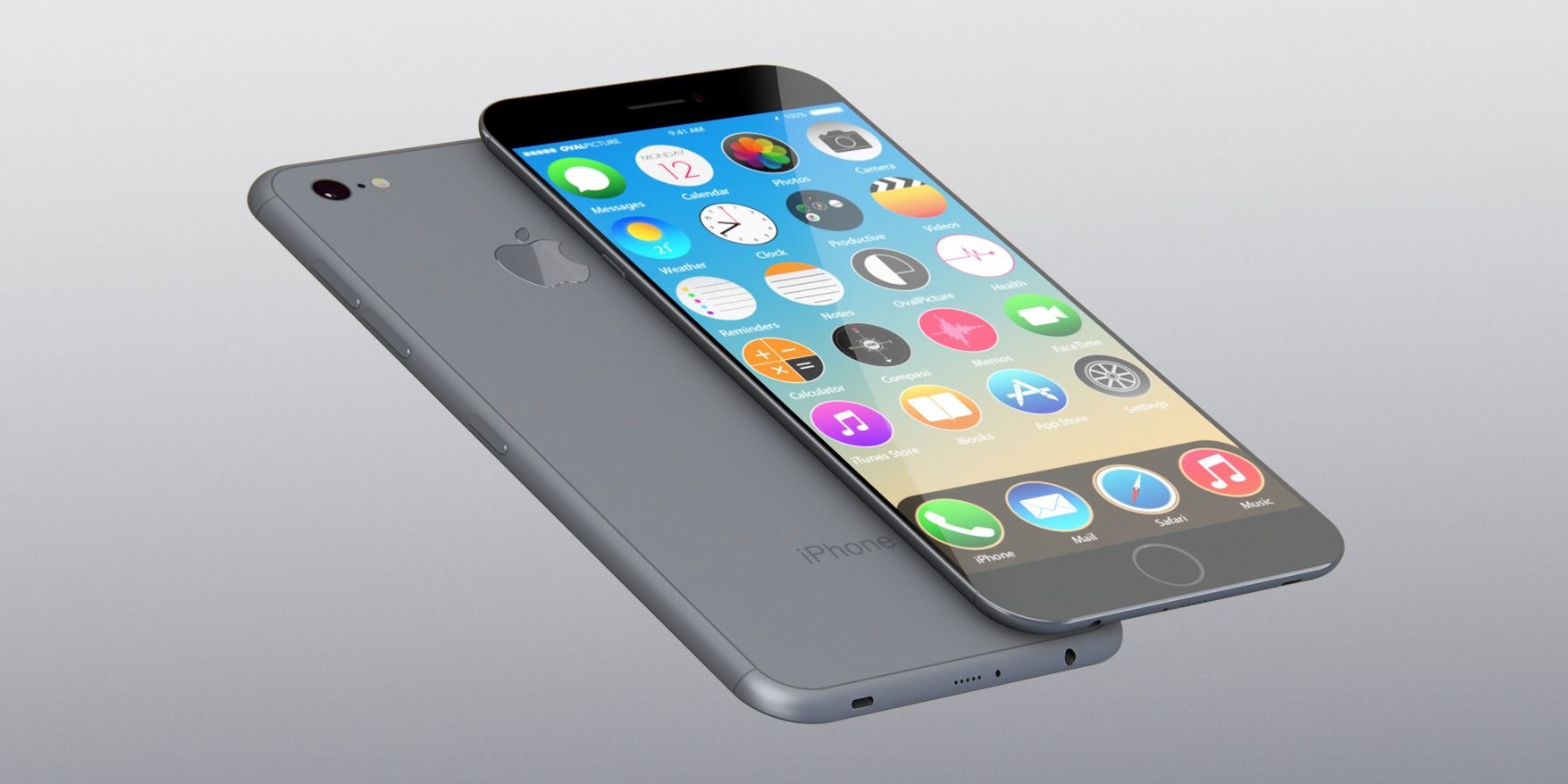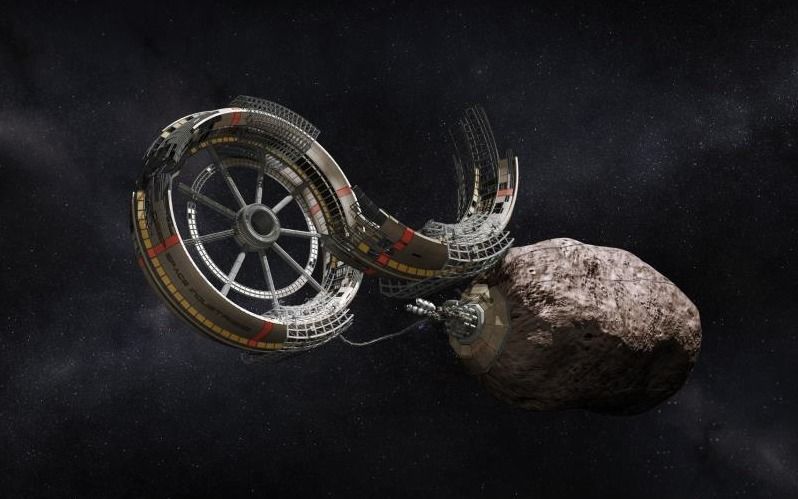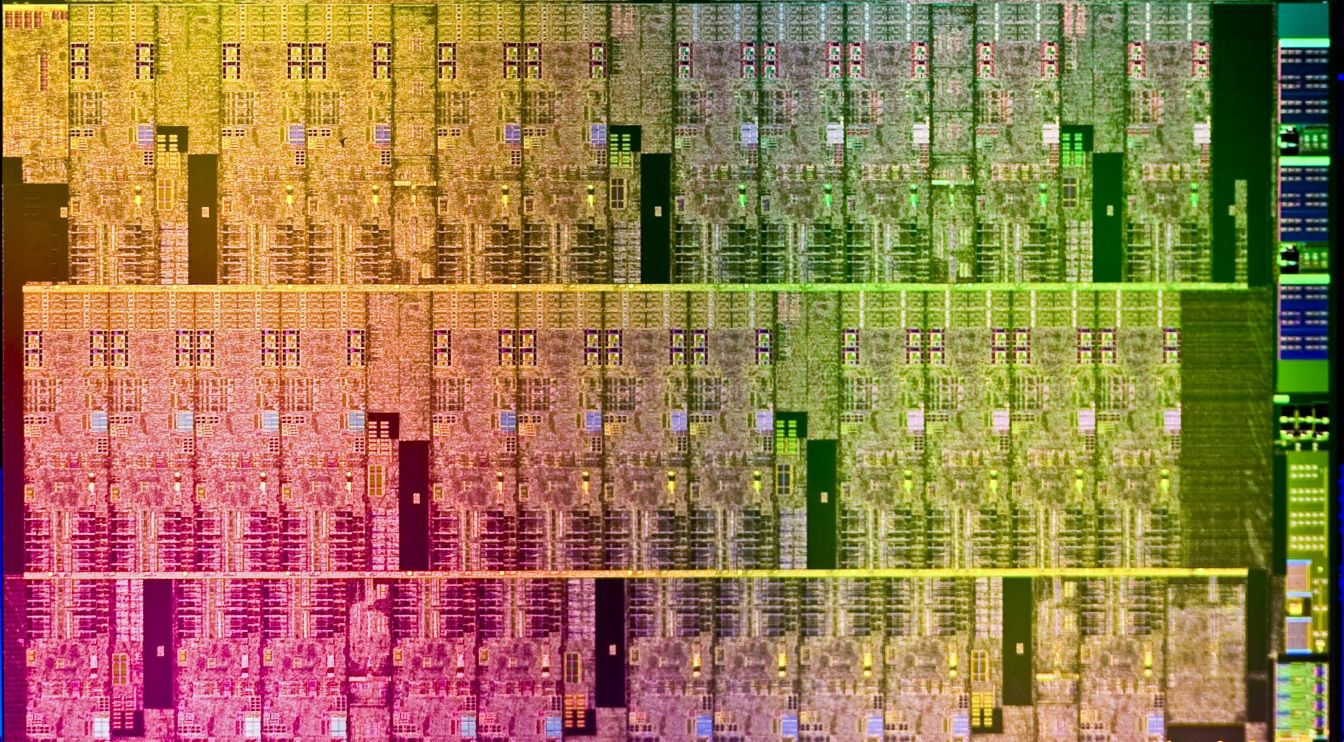Nov 18, 2015
‘Super natural killer cells’ destroy cancer in lymph nodes to halt metastasis
Posted by Sean Brazell in categories: biotech/medical, engineering, nanotechnology
Nanoscale liposomes (orange) containing TRAIL protein (green) attach to the surface of white blood cells (blue), bump into cancer cells (brown), and program them to die (credit: Cornell University)
Cornell biomedical engineers have developed specialized white blood cells they call “super natural killer cells” that seek out cancer cells in lymph nodes with only one purpose: to destroy them, halting the onset of cancer tumor cell metastasis.
“We want to see lymph-node metastasis become a thing of the past,” said Michael R. King, the Daljit S. and Elaine Sarkaria Professor of Biomedical Engineering and senior author of a paper in the journal Biomaterials.

















